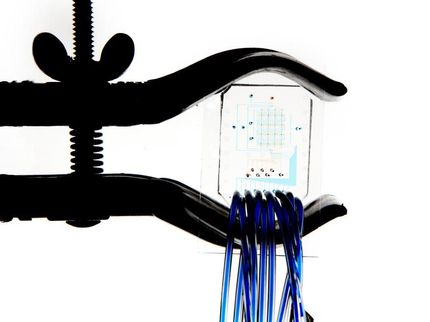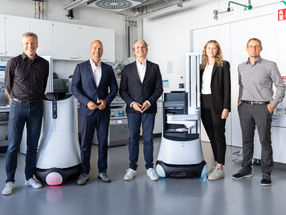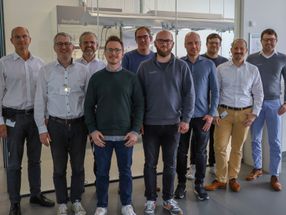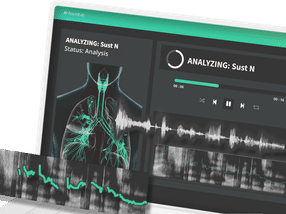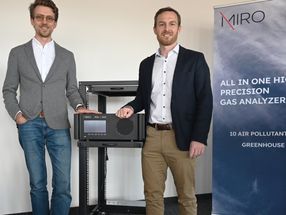DPZ-Researchers develop suitcase laboratory for rapid detection of the Ebola virus
New method is 6 to 10 times faster than the current techniques with equal sensitivity
No electricity, no reliable cold chain, no diagnostic equipment available – scientists in field laboratories who diagnose and deal with Ebola infections often work under challenging conditions. Researchers at the DPZ have developed Diagnostics-in-a-Suitcase, which contains all reagents and equipment to detect the Ebola virus within 15 minutes at point-of-need. Moreover, the mobile suitcase laboratory will be operated by an integrated solar panel and a power pack. The mobile suitcase laboratory will enter a field trial in Guinea in collaboration with the Institut Pasteur de Dakar, Senegal, the Public Health Institute of Guinea, the University of Stirling, Robert Koch Institute, and TwistDx Ltd. Dr. Ahmed Abd El Wahed, scientist in the Unit of Infection Models at the DPZ, is the innovator of the suitcase laboratory. He will assemble five suitcases, which will be used at the Ebola treatment Centres in Guinea during the current outbreak.
Current tests rely on the detection of Ebola genome by the real-time polymerase chain reaction (PCR) technique which is not suitable for on-site screening. Samples collected from the site of an outbreak are therefore transported over long distances to laboratories for testing. Recently, criminals have stolen a motor vehicle, which transported infected material. The fear is that this might cause a wider spread of the virus if the material is used for political motives. The Diagnostics-in-a-Suitcase will prevent this by allowing the detection of the Ebola virus at the point-of-need (not only in rural areas, but also at airports or quarantine stations). The Diagnostics-in-a-Suitcase is based on the Recombinase Polymerase Amplification (RPA) technology developed by TwistDx Ltd, a subsidiary of Alere Inc. RPA is as sensitive as PCR, but extremely rapid and works at a constant temperature, meaning no rapid heat-cycling equipment is required. Furthermore, reagents used in the RPA test are cold chain independent, which allows them to be used and transported at ambient temperature.
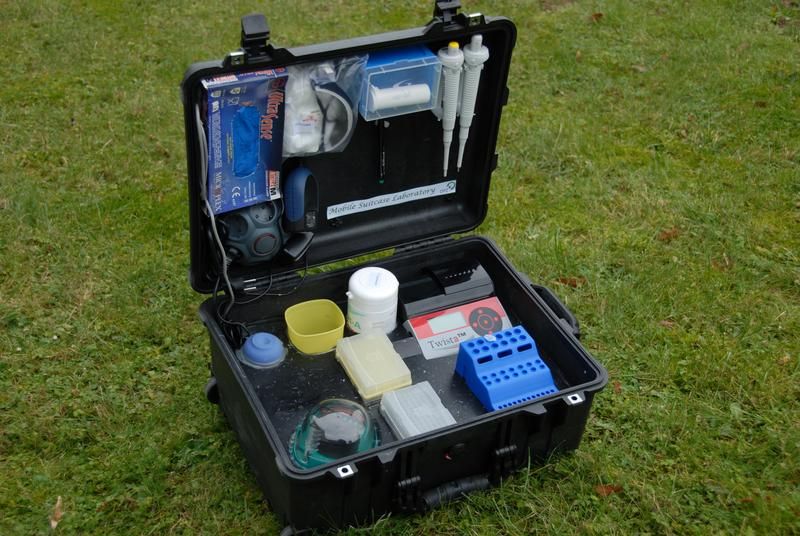
The suitcase laboratory to detect ebola, innovated by Dr. Ahmed Abd El Wahed, infection researcher at the German Primate Center (DPZ) in Goettingen.
Karin Tilch
Most read news
Organizations
Other news from the department research and development

Get the analytics and lab tech industry in your inbox
By submitting this form you agree that LUMITOS AG will send you the newsletter(s) selected above by email. Your data will not be passed on to third parties. Your data will be stored and processed in accordance with our data protection regulations. LUMITOS may contact you by email for the purpose of advertising or market and opinion surveys. You can revoke your consent at any time without giving reasons to LUMITOS AG, Ernst-Augustin-Str. 2, 12489 Berlin, Germany or by e-mail at revoke@lumitos.com with effect for the future. In addition, each email contains a link to unsubscribe from the corresponding newsletter.
